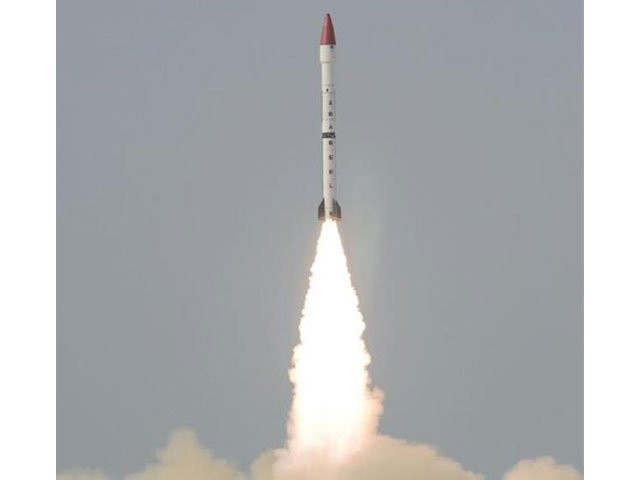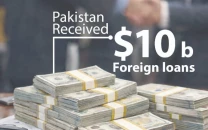Strengthening defences
Beyond the symbolic was the first successful test of the Ababeel surface-to-surface ballistic missile

This photo released by the Inter-Services Public Relations shows surface to surface ballistic Ababeel missile being test fired on Tuesday, January 24, 2017. PHOTO: ISPR

For Pakistan the launch of this missile, capable of delivering multiple warheads is a considerable technical achievement, and there is now the capacity to engage with multiple targets with a high level of precision with the potential to disrupt or destroy the radars that are essential to India’s own missile defence system which is currently in development. With a range of 2,200 kilometres — three times the distance between Islamabad and New Delhi — the development of this weapon is being seen within the defence establishment as a minimal measure to restore balance to the deterrence equation. This balance is seen as essential to the wider maintenance of defence systems regionally.
Pakistan now has the capability to launch missiles that give it second-strike capacity from land, sea and air. Deterrence is the watchword, but it comes at a price. Defence parity does not come cheap and is expensive to maintain once operationalised. This is the price that both India and Pakistan have to pay for failing to resolve one of the worlds’ most intractable conflicts — Kashmir. President Trump has already offered to lend a hand in its resolution, the task having defeated every other international player since Independence. The longer the failure persists the poorer are both countries, but Pakistan cannot afford to drop its guard to the east.
Published in The Express Tribune, January 26th, 2017.
Like Opinion & Editorial on Facebook, follow @ETOpEd on Twitter to receive all updates on all our daily pieces.













COMMENTS
Comments are moderated and generally will be posted if they are on-topic and not abusive.
For more information, please see our Comments FAQ